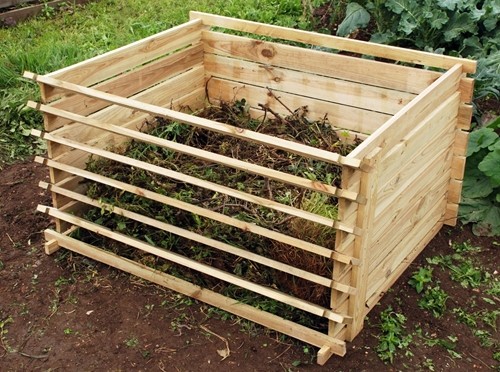Recycling is a essential way to conserve natural resources and contribute toward improving the environment. But there are plenty of ways to be environmentally responsible that go beyond putting used in the recycling bin. As an advocate of a sustainable planet, Ilchi Lee points out that considering what products you purchase at the supermarket and new methods of recycling are great ways for going green.
- Buy products that can be recycled. When cruising through the aisles of the supermarket, look for items that can be easily recycled, such as glass jars and tin cans.
- Purchase products made from recycled materials. You can tell if a product has been recycled by the label on the packaging.
- Find out how to dispose of your batteries in your community. Because they contain highly toxic chemicals, batteries cannot be tossed in the regular recycling bin. For this same reason, most batteries shouldn't be thrown into the trash either. Many products contain heavy metals such as mercury and lead that could contaminate our drinking water if left to deteriorate in a landfill. Contact energy experts in your municipality to figure out the best way to get rid of your batteries.
- Return computer and cell phone batteries to the manufacturer for proper disposal.
- Avoid buying hazardous materials. According to the National Institute of Environmental Health Sciences, hazardous waste includes chemicals, heavy metals as well as discarded household products such as paint thinners and cleaning fluids.
- If your work or school does not already recycle, lead the charge! First, find a recycling service provider in your local area and get a list of companies with services that suit your needs. Then, consider hosting a recycling day or event to launch the new recycling program. For instance, you could hold a desk recycling event to encourage staff to recycle as much as they can from their desks.
- Plant trees and flowers in your garden, which helps to fight climate change.
- Start composting, which is a process where organic material decays and is used as a plant fertilizer. It's a great option for leftover food, including meats, fruits and vegetables.
- Try grass cycling. Instead of throwing away your grass cuttings, simply leave them on the ground. These will turn into nutrients that serve as a fertilizer in the soil.
- Try out cash for cans – it pays to recycle! The easiest items to cash in are those made from aluminum, such as beverage cans, tins and foil. Most buy-back centers accept aluminum and pay around $0.50 per pound.
